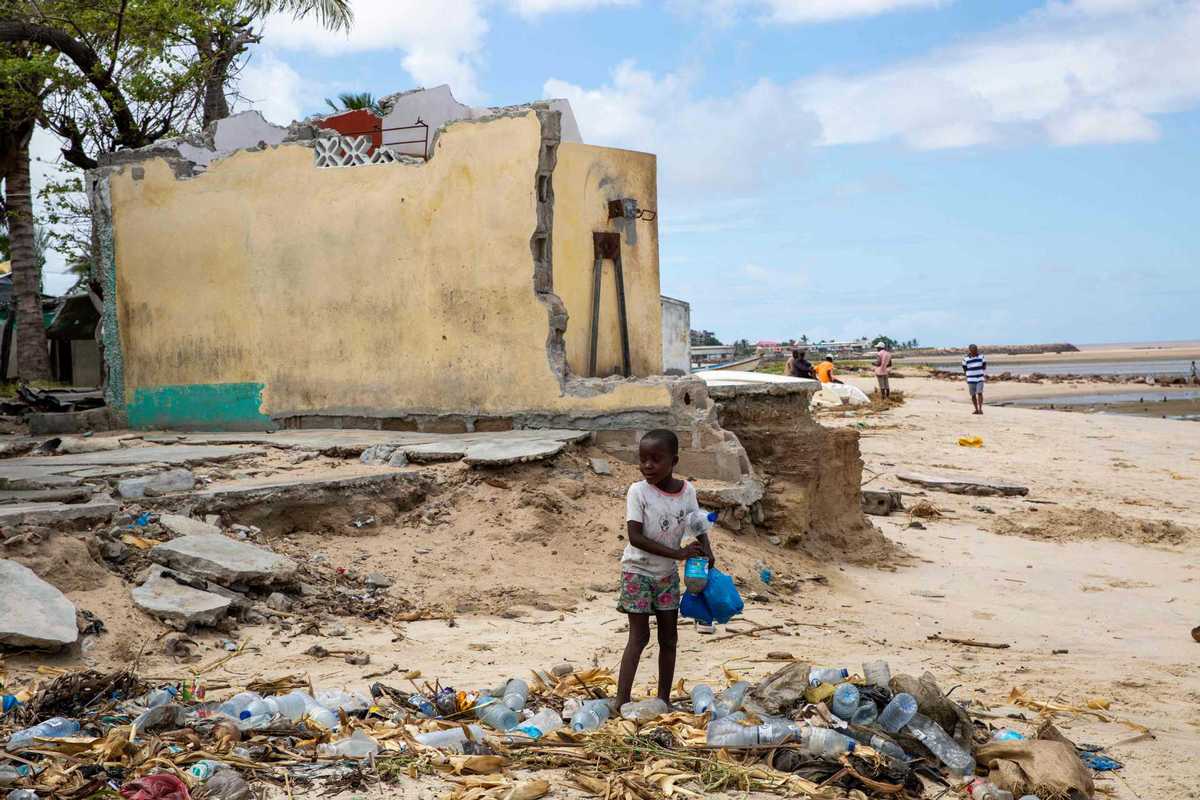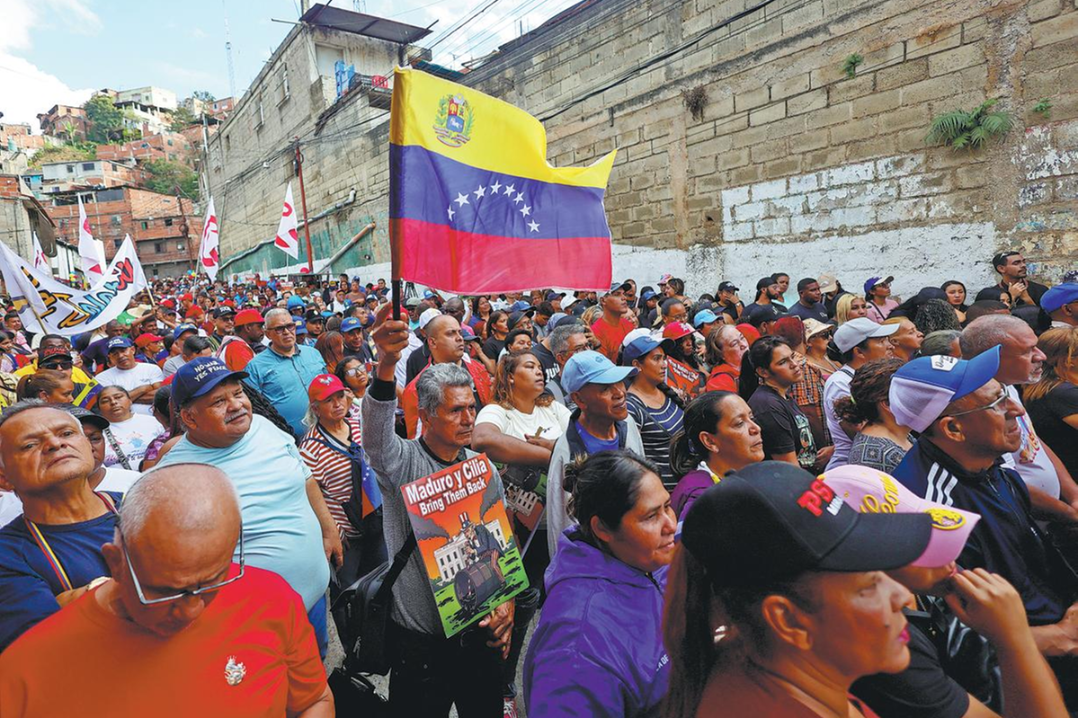Conflict and extreme weather threaten public health in Mozambique


The public health of displaced people and host communities in Mozambique's northern province of Cabo Delgado is under threat due to the combined impact of conflict and extreme weather conditions.
In a statement on Monday, the International Committee of the Red Cross said massive displacement in the province has put an enormous strain on existing water and health facilities, some of which were previously damaged by extreme weather events.
This has consequently resulted in a worrying shortage of safe water, sanitation and health services.
"A lot of people depend on this type of water and this is definitely not to any standards of public health," Dominik Stillhart, director of operations for the International Committee of the Red Cross said.
"I think it is very important to pay very serious attention to what is happening here, especially in the north of Mozambique."
In recent years, Mozambique has increasingly been facing the compounded impact of armed conflict and climate change, negatively affecting people's health.
The recurring and more frequent cyclones and floods experienced in the province have damaged health and water facilities, in some cases destroying the only facility serving the community, as is the case with a hospital in Ibo archipelago.
Additionally, rapid population movement and limited access to safe water sources in precarious settlements have led to rise of waterborne diseases like cholera and diarrhea.
According to the World Health Organization, 3,400 cholera cases were reported in Cabo Delgado at the beginning of August, compared to approximately 2,200 from the same period last year.
Additionally, between January and March, 28,602 cases of diarrhea were reported in the province.
The organization said lack of functioning health facilities have reduced the capacity of the health system to detect and respond to disease outbreaks.
It said 80 percent of health centers in the nine most conflict-affected northern districts of Cabo Delgado are not functioning.
The armed conflict has further weakened the already fragile health infrastructure, even as health services demand increased by 20-30 percent in southern areas of the province that have been receiving displaced people.
The International Committee of the Red Cross said more than 800,000 people, one-third of the Cabo Delgado's entire population, have fled their homes due to the escalation of the armed conflict.

































